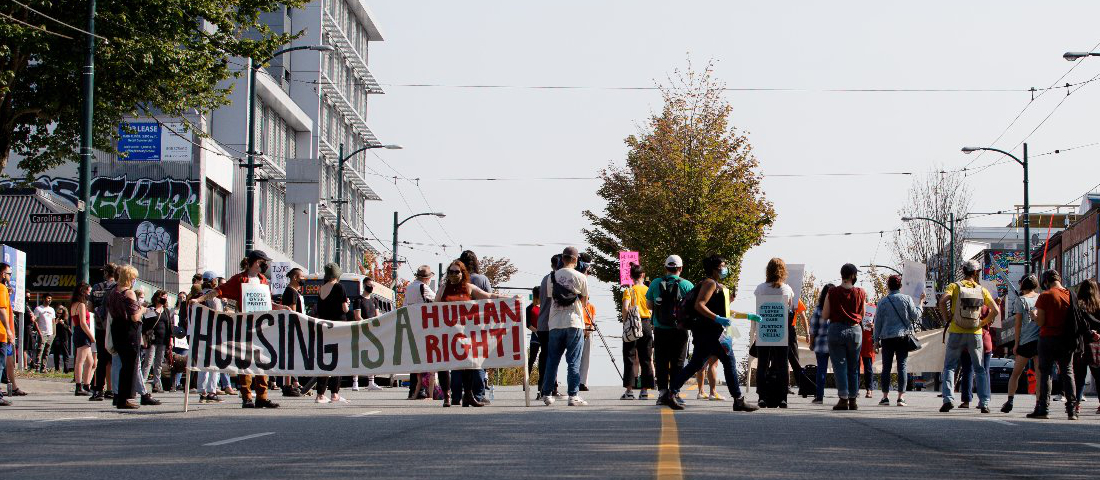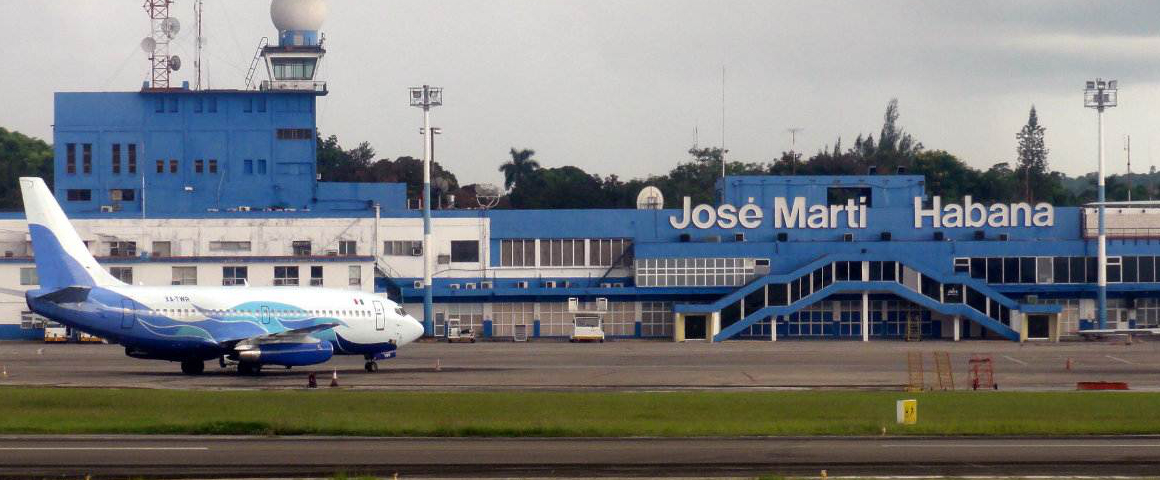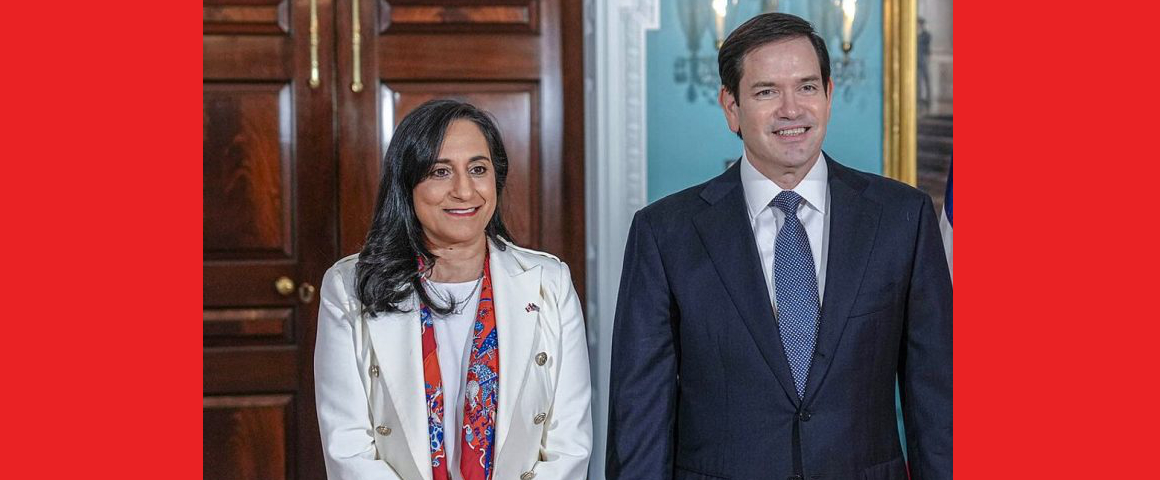The extent of British Columbia’s housing affordability crisis and the difficulties of tackling the issue were starkly apparent after the June 17 release of an expert panel’s 88-page report, Opening Doors: Unlocking Housing Supply for Affordability. The biggest housing problem in this province – and increasingly across Canada and most of the capitalist world – is the staggering economic inequality between homeowners and renters.
In a nutshell, as housing has become almost entirely a commodity for private profit rather than a basic human right, governments are caught between a rock and a hard place. Any measures to slow the stunning rise in housing prices now threaten to burst the bubble created by this phenomenon, which could throw millions of homeowners into economic chaos. But without such measures, millions of renters are paying most of their incomes on a place to live, with little left for food, clothing and other necessities.
“I’m hoping the decision-makers at all levels… will take the report home and read it at their leisure,” said Joy MacPhail, the former NDP MLA who chaired the joint Canada-British Columbia panel on the future of housing supply and affordability. “We hope that it provokes discussion. Clearly it already is.”
However, the federal and BC governments immediately rejected two key recommendations (out of a total of 23) in the report, aimed at addressing the current inequality gap.
One is to “review the impact of the capital gains tax exemption on principal residences.” As a commentary by Andrew MacLeod in The Tyee notes, under current federal policy, someone who buys a home and sees its value rise over years or decades isn’t taxed on the gain in value. This policy is estimated to cost the federal government about $7 billion a year in foregone revenue, as well as taking investment away from other areas of the economy where gains are taxed.
A second important recommendation urges the BC government to phase out its Home Owner Grant applied against municipal property taxes, and use the money saved to fund social housing and other commitments in the government’s housing plan. The program provides homeowners in the Victoria, Metro Vancouver and Fraser Valley regional districts with $570 annually, and $770 in the rest of the province. Owners of homes assessed at up to $1.625 million are eligible for the full amount. The program costs the province almost $1 billion a year.
The report notes that some 70 percent of households in BC are owners. Those with a mortgage had an average wealth more than five times greater than the average renter household back in 2016. Owners who were mortgage-free were more than nine times wealthier than renters. That wealth gap is likely far higher today, as housing prices skyrocket.
“High levels of homeownership amid steadily rising prices have contributed to a stratification of housing tenure based on income,” the report found. “This stratification sharpens wealth inequality between renters and owners, as housing values have risen dramatically over time and homeownership has become an increasingly important means of wealth building for many households.”
The authors warn that many owners would use their political clout to oppose the proposed changes. But it turned out that politicians saved them this effort.
The big question today is how governments can be compelled to provide decent housing for millions of people who are homeless or under-housed, or who are being driven deep into poverty by unaffordable rents. The Communist Party of Canada calls for an emergency program to build one million new units of social and low-income housing, but even that might be insufficient. Economists point out that such a response, or other factors such as higher interest rates, could pop the housing bubble and send the Canadian economy into a sharper downturn.
It’s a contradiction created by the fact that the capitalist system is built on the drive to increase private profits, not to meet the needs of people or to protect the natural environment. The inevitable crash will be paid for by working people, not the big developers, banks and landlords who are reaping most of the benefits. Politicians like BC Premier John Horgan and Prime Minister Justin Trudeau have no answers, but this will certainly be a huge issue in the federal election widely expected this fall.
[PHOTO: TWITTER @YVRTENANTSUNION]
[hr gap=”10″]
Get People’s Voice delivered to your door or inbox!
If you found this article useful, please consider subscribing to People’s Voice.
We are 100% reader-supported, with no corporate or government funding.




